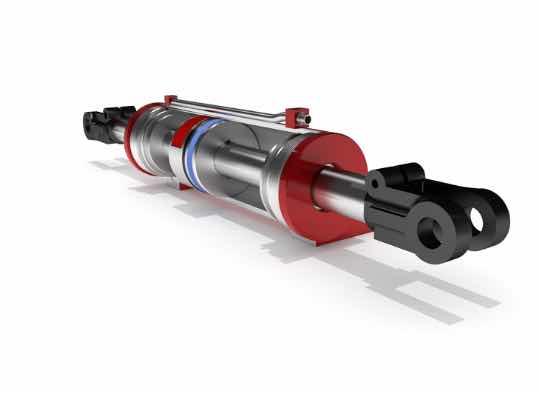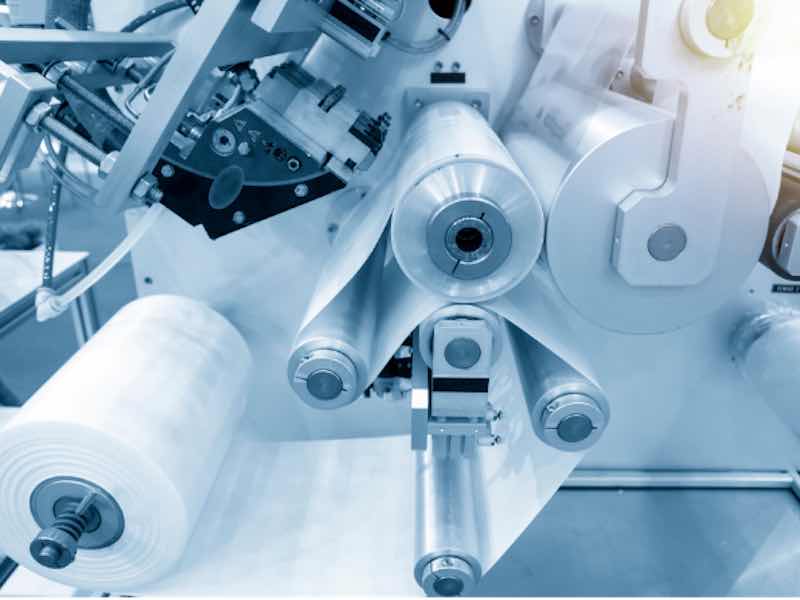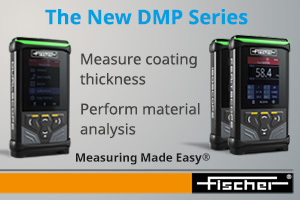Micro Tuff™ was developed in 1990 at Plating Resources, Inc., and is manufactured in Cocoa, Florida.
 Vicky SalsburyMicro Tuff™ is a long-chain organic polymer having a dense molecular structure. It is formulated in an easy-to-use 2” diameter by 6” long bar, which covers approximately 125,000 sq/in the surface.
Vicky SalsburyMicro Tuff™ is a long-chain organic polymer having a dense molecular structure. It is formulated in an easy-to-use 2” diameter by 6” long bar, which covers approximately 125,000 sq/in the surface.
MicroTuff™ contains both high-density polymers and special penetrators, allowing impregnation on the molecular level into the crystal structure of the metal. The penetration is complete and fills the surface structure with polymer. This effectively seals it and greatly improves its performance.
Micro Tuff™ can easily and inexpensively be applied without special equipment or training. The application process is simply completed in-house using an operation that is very similar to polishing.
Once applied, the Micro Tuff™ impregnated surface will:
- Seal the micro-crack structure
- Increase surface lubricity
- Extend the wear life
- Enhance corrosion resistance
Micro Tuff™ does not change the part dimensions or surface color and is resistant to solvents and temperatures up to 1,200º F.
For Chrome Plated Surfaces
 Chrome plating imparts corrosion and abrasion resistance to tools and is widely used with polyvinyl chloride. PVC releases corrosive acids during processing. One drawback has always been needed to frequently re-plate, which can result in increased downtime, tool damage, and high-cost maintenance.
Chrome plating imparts corrosion and abrasion resistance to tools and is widely used with polyvinyl chloride. PVC releases corrosive acids during processing. One drawback has always been needed to frequently re-plate, which can result in increased downtime, tool damage, and high-cost maintenance.
Conventional solutions to these problems were nitration or fluoropolymer coatings. However, these processes incur higher costs and several performance deficiencies. The Micro Tuff™ added a special twist to surface technology as it truly makes the application process extremely cost-effective.
Hard chrome plating typically deposits a 0.7 to 4.0 mil. protective layer on extrusion tools, particularly dies and die lips, screw tips and ends, rollers, barrel adapters, coextrusion blocks, mandrels, and slider valves.
Originally intended for use on chrome plating, Micro Tuff™ gets similar results when applied to nickel-plated tools and even unplated stainless or carbon steels, as well as copper alloys like bronze and brass.
The lubricity imparted by the sealant translates into high extrusion rates and easier mold release. It also reduces die and mold wear rates. Research developed by current users found a 14% rise in production rates, a 6% increase in machine uptime, and an 81% reduction in re-chrome costs when Micro Tuff™ is applied to new or reworked tooling.
Salt Spray Corrosion Resistance
Tests conducted by Plating Resources, Inc., show that chrome plating sealed with Micro Tuff™ achieves 65 hours of corrosion resistance before failing vs. 1 hour for unprotected plating in the ASTM B-368 “Cass” test.
The ASTM B-117 salt spray test for chrome plating with Micro Tuff™ lasted 530 hours vs. 5 hours without the sealant.
Insight from Current Users
Users declare that Micro Tuff™ minimizes polymer buildup, plate-out, and burning. It reduces the frequency of tooling cleaning by 50% with resins like PVC, CPVS, PS, acrylic, PTFE, and PE.
- One producer of coextruded vinyl siding was able to process 5 million lb. of a troublesome powder formulation without shutting down because there was only minor polymer buildup on the die. The tooling had been treated with Micro Tuff™ by the equipment supplier. In the same siding plant, a similar line without the sealant experience frequent shutdowns due to polymer burning.
- In another case, a CPVC pipe maker cut its chrome-plating costs from $37,000/year to $7,000/year after applying Micro Tuff™ to its pipe tooling and adapters.
- An aircraft manufacturer in California solved the corrosion problem on hydraulic rods used for the Space Shuttle Launch Transporter. The service life was increased by approximately 10 times.
- Several flat-die makers offer Micro Tuff™ coating as an option on their dies. They have reported a 50% reduction in plate-out and die lines. They use Micro Tuff™ as a “safety net” to protect tooling in the event of runaway extruder conditions.
- A PVC sheet extruder reports 20% greater lb./hr. output with Micro Tuff™ treatment on the coat hanger section of its chrome-plated dies. “Clean-up is easier, there is less burning, and die wear been cut in half.”
- Micro Tuff™ speaks for itself. It increases tooling longevity, production time, and overall profits while reducing machine downtime and maintenance.
Please visit www.microtuff.com, where you can retrieve technical information along with SDS information, or contact us at vicky@plating.com
Vicky Salsbury is National Sales Manager at Plating Resources, Inc































